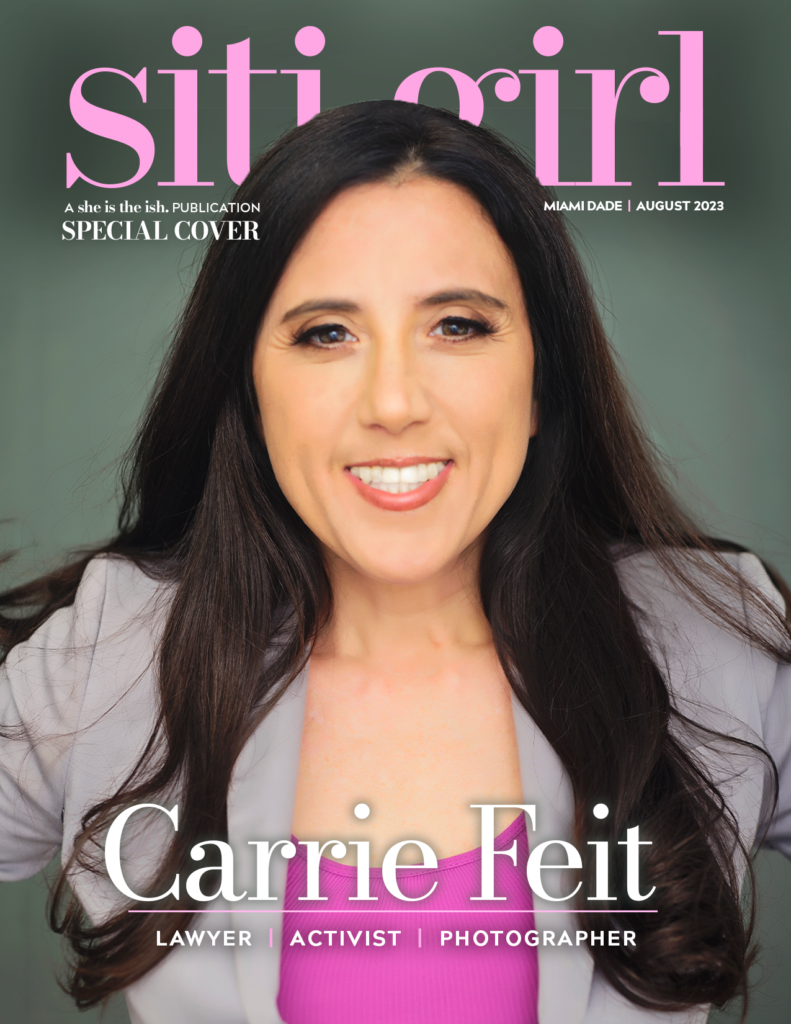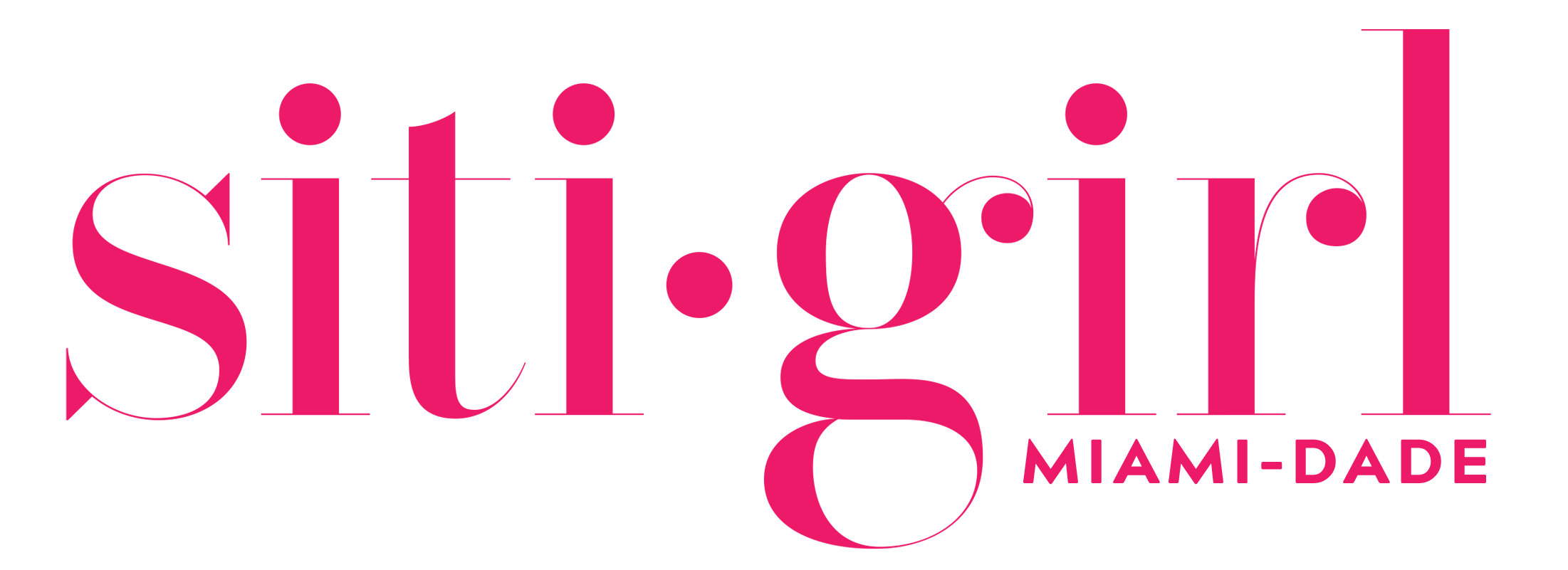
Movement lawyering is a legal approach that seeks to support and advance social justice movements by providing legal assistance, advocacy, and expertise to activists and organizers. This approach recognizes that legal issues often intersect with broader social and political movements and aims to use the law to achieve social change and justice.
Meet Carrie Feit, a Senior Attorney at Community Justice Project. Carrie grew up in Brooklyn, New York, and landed at George Washington University for law school, earning a J.D. and a Master’s of Public Health. She practiced for over 20 years in Miami as a federal court litigator representing individuals in their disability insurance claims, first with a small firm and, beginning in 2008, in her own practice.
A defining moment for Carrie was the election of the 45th President of the United States when she woke up to unapologetic racism, ableism, xenophobia, and unspeakable misogyny. With her children and nieces in mind, she joined the organizing of the Women’s March on Washington and helped found Women’s March Florida, which, most importantly to her, brought her into the struggle for collective liberation guided by Black and Brown and Queer community organizers and organizations rooted in systems change in Miami. Carrie’s commitment to allyship, equity, and the ability for all to thrive through organizing informed by marginalized populations led to her impassioned transition to movement lawyering.
SGMD asked Carrie about her work-life balance, which she shared with us. “Balance is still aspirational at this point, but what pushes me towards work-life balance is my work in the community that reminds me of my privilege and makes me increasingly grateful for my family and our life together. I continue to fight in the trenches, most recently doing eviction defense work, because of the direct impact on women and families. I stay in the long-term struggle for systems change because of my faith in and inspiration from the love and beautiful humanity surrounding me in the movement. As I navigate the familiar and the unfamiliar, I tell myself, “If you’re uncomfortable, you’re doing the good work.””
Movement lawyering is closely associated with social justice movements such as civil rights, environmental justice, immigration rights, and LGBTQ+ rights. By working alongside activists and communities, movement lawyers aim to use the law to dismantle oppression systems and advance justice and equity.
